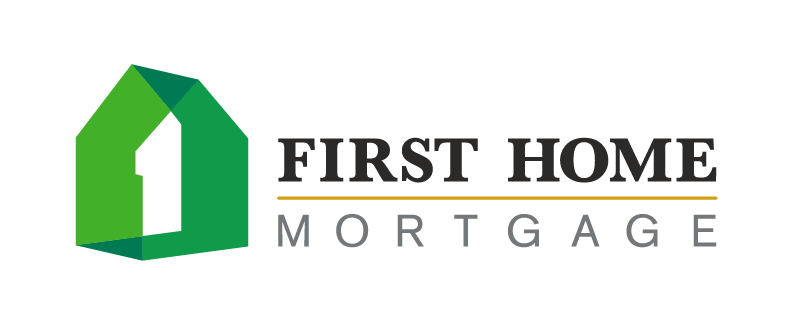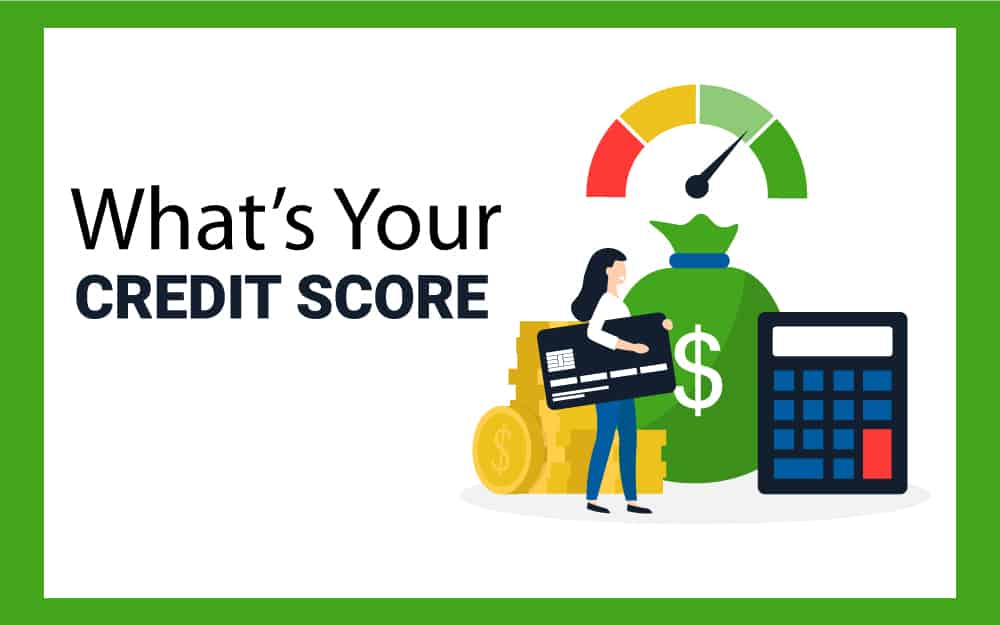Look Over Your Credit Report
If you’re unaware of how much debt you have, you won’t know how to develop the best strategy for reducing it. Visit AnnualCreditReport.com and pull up your credit reports from these three credit bureaus; TransUnion, Equifax, and Experian. Write down any debts you owe and then start by paying off the ones with the smallest balances first. If there are items on the credit report that you are suspicious about, write dispute letters to each of the bureaus. Once those disputed items are removed, you should see an improvement to your credit score.
Don’t Close Your Old Accounts
Because mortgage lenders often look at the length of accounts on your credit report, it’s wise to keep your old accounts open, even if you use them infrequently. When lenders see that you’ve had accounts for over ten or more years, it’s an indicator that you might be great with handling credit.
Don’t Open Unnecessary Accounts
During the process of buying a home, you don’t want to open new unnecessary accounts because when lenders see this on your report, they’ll think that you have too many financial obligations to be a responsible homeowner. Wait until after the closing process to get new credit.
Focus on Saving for The Down Payment
ou can reduce the amount of money you have to borrow just by saving as much money as possible for the down payment. If you don’t have an adequate down payment, you’ll need to pay private mortgage insurance. Having a solid down payment also puts you in a position to afford the best home for your needs.
In conclusion, with these effective strategies, you can have a good home buying experience with reduced stress.


